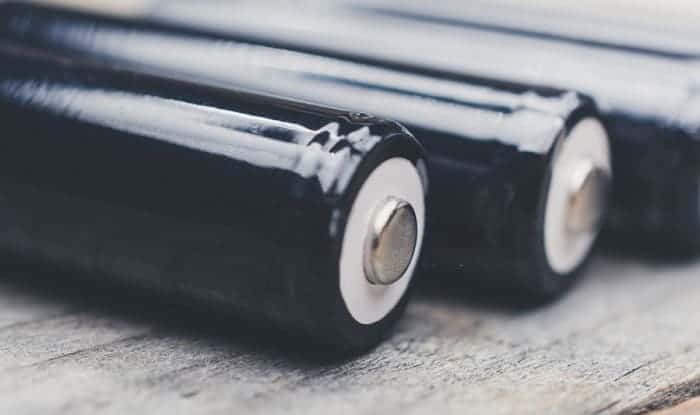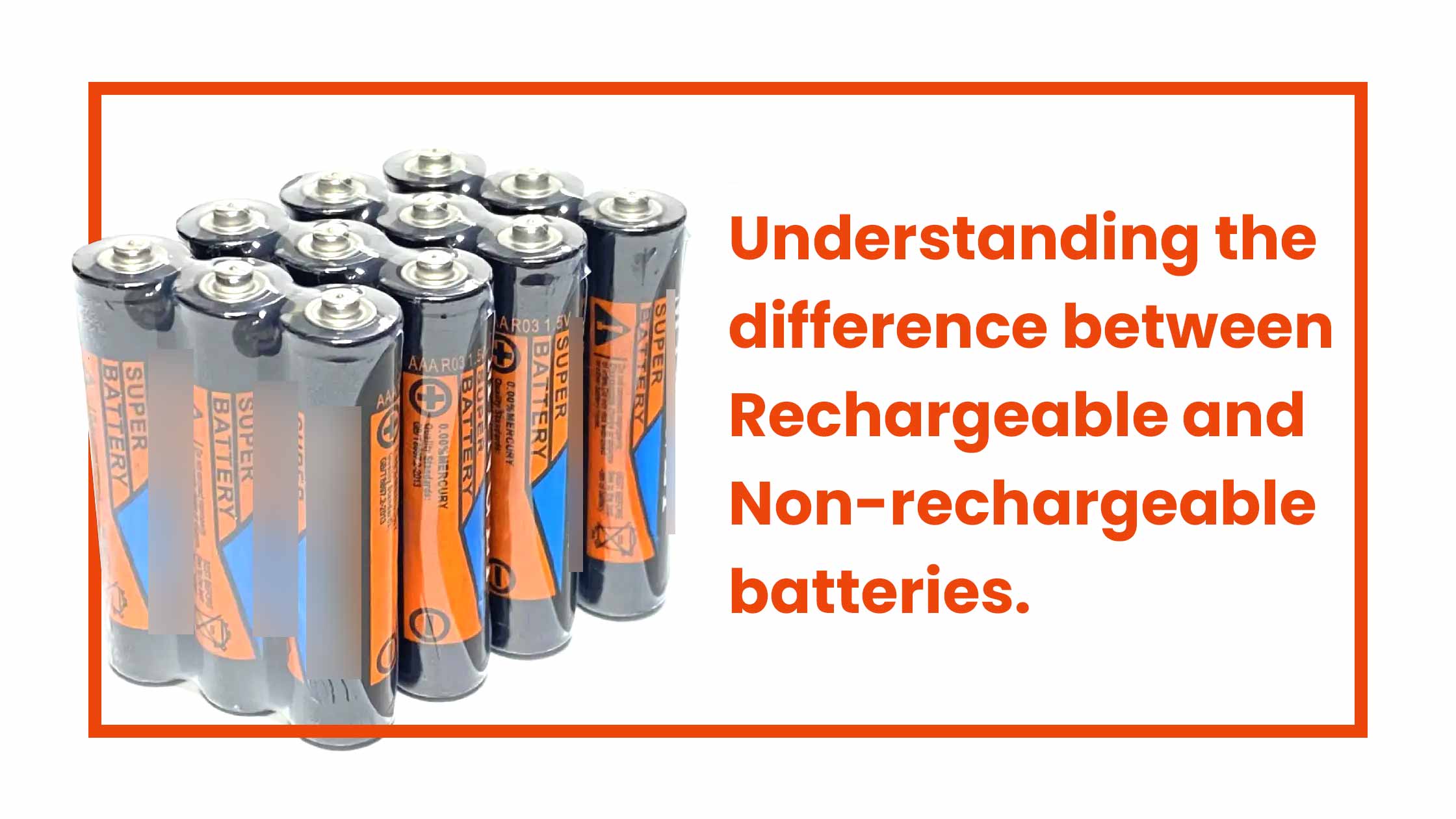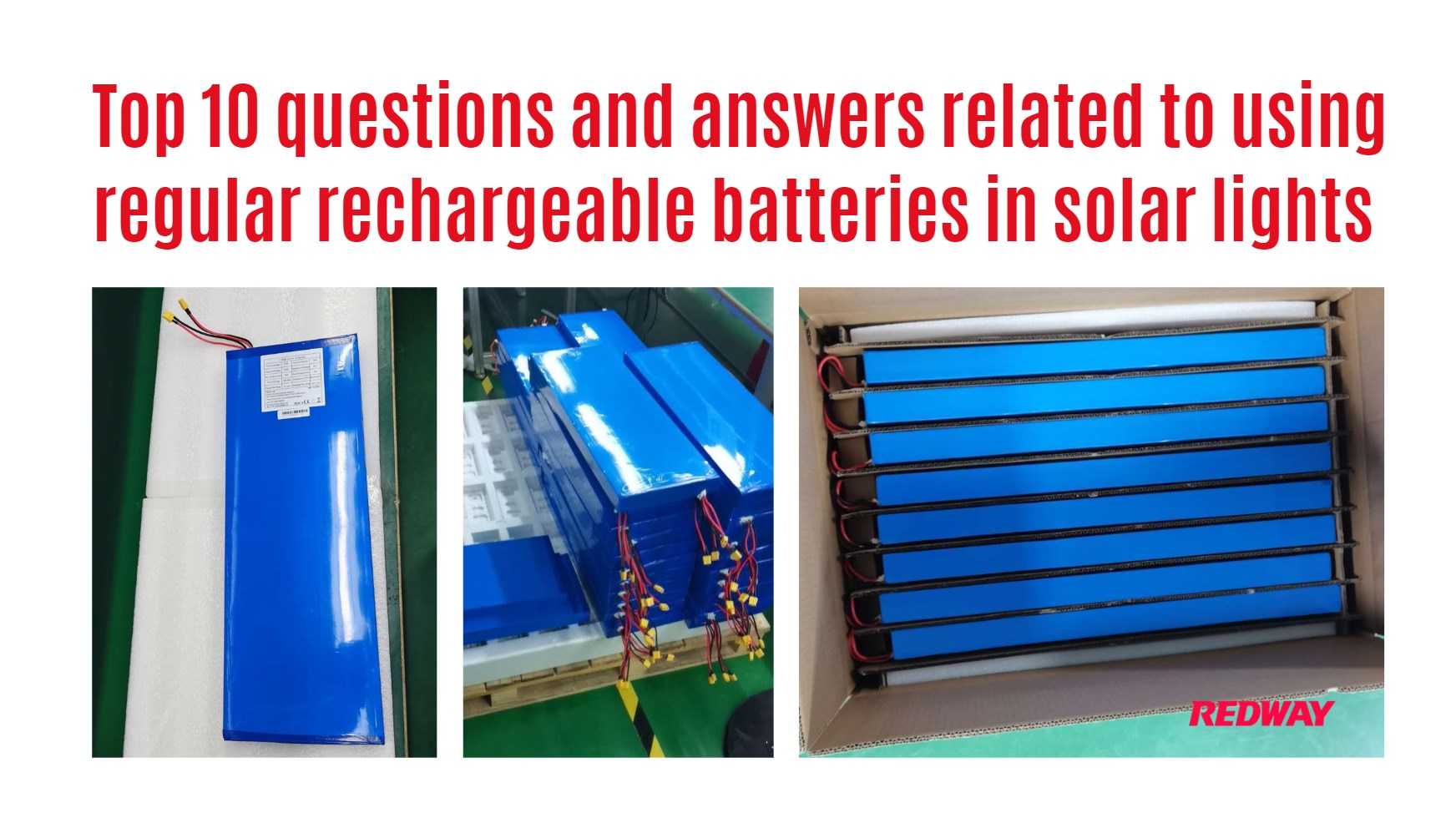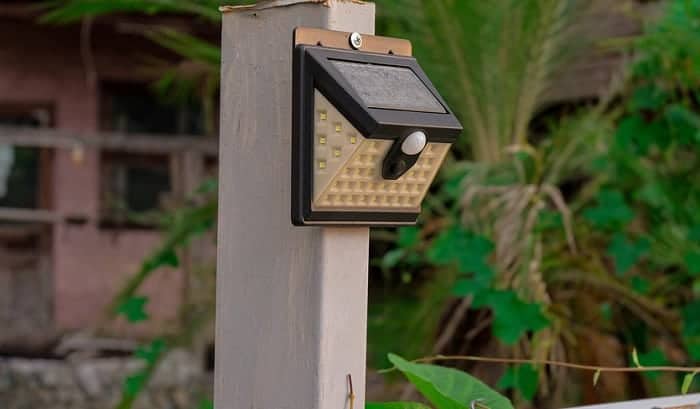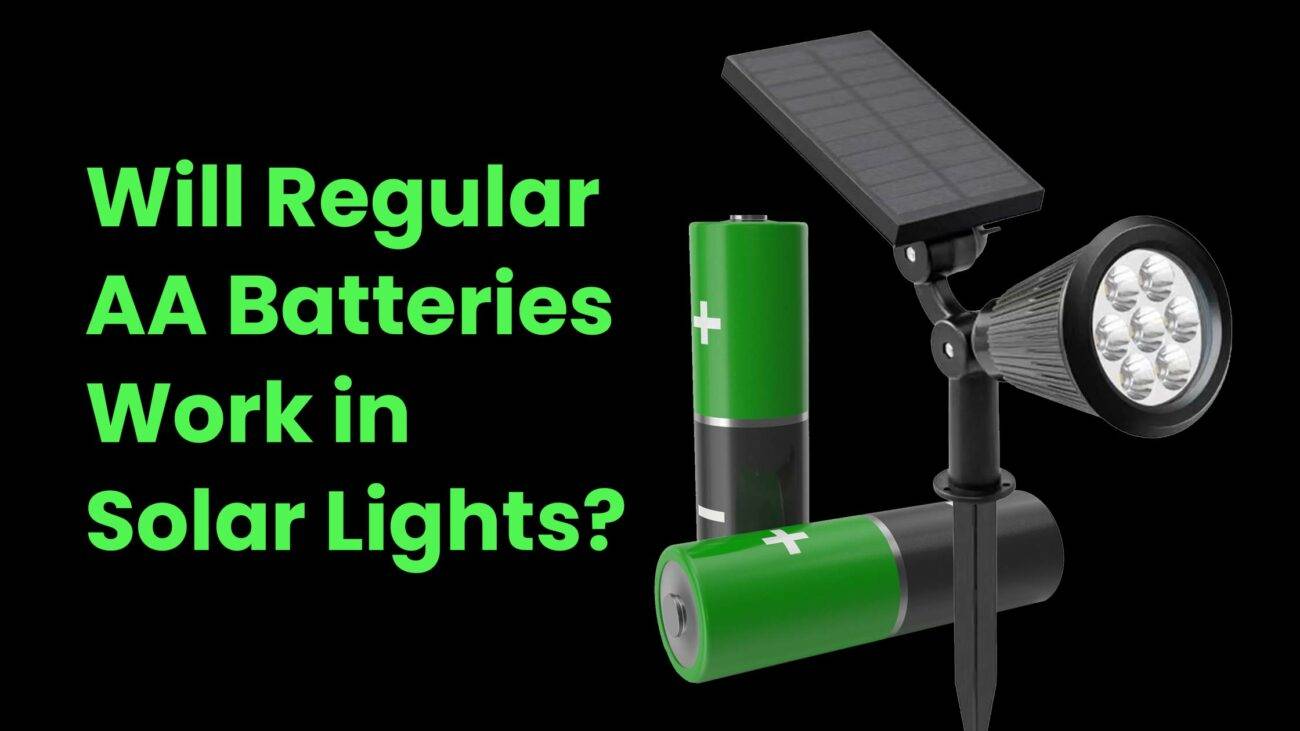Can You Use Regular Batteries For Solar Lights

Imagine a garden bathed in the soft, ethereal glow of solar lights, fireflies dancing in harmony with their artificial counterparts. But then, one flickers and dies, casting a small shadow of disappointment. The question arises, almost instinctively: can I just pop in a regular battery and bring the magic back to life?
The answer, while seemingly simple, is nuanced. While it's *technically* possible to use regular batteries in some solar lights, it's generally not recommended and comes with a host of potential problems that can ultimately damage your lights or shorten their lifespan. This article will delve into the specifics, exploring the "whys" and "hows" to help you make an informed decision about keeping your solar garden glowing.
Understanding Solar Light Batteries
Solar lights rely on rechargeable batteries, typically Ni-Cd (Nickel-Cadmium) or Ni-MH (Nickel-Metal Hydride), designed to withstand the constant charge and discharge cycles inherent in solar power. These batteries are specifically chosen for their ability to efficiently store energy collected from the sun and release it gradually throughout the night.
Regular alkaline batteries, on the other hand, are designed for single use and are not rechargeable. They deliver a fixed amount of power until depleted, and attempting to recharge them can be dangerous, potentially leading to leaks, explosions, or fire, according to warnings from battery manufacturers like Energizer and Duracell.
The Voltage Mismatch
One of the key issues is voltage. Solar lights are engineered to operate at a specific voltage, usually 1.2V or 3.7V, matching the rechargeable batteries they house. Standard alkaline batteries usually produce 1.5V. Using them might initially seem to work, but this voltage difference can stress the light's internal circuitry.
This over-voltage can potentially damage components designed to handle the lower voltage of the intended rechargeable battery. While a small voltage difference might not cause immediate failure, it can significantly reduce the lifespan of the solar light's electronic components.
The Charging Dilemma
Solar lights are designed to charge rechargeable batteries, not alkaline ones. The charging circuit constantly feeds energy into the battery, which is fine for a Ni-Cd or Ni-MH battery built to handle it. However, attempting to charge an alkaline battery can cause it to overheat and leak corrosive chemicals, damaging the light and potentially posing a safety hazard. The Environmental Protection Agency (EPA) advocates for proper battery disposal to prevent environmental contamination from leaking chemicals.
Even if the solar light has a mechanism to prevent overcharging, the fundamentally different chemical makeup of alkaline batteries means they simply cannot store energy in the same way as rechargeable batteries. They won't accept the charge, and the energy will be wasted or, worse, cause damage.
When Might Regular Batteries Seem to Work?
In some cases, inserting a regular battery into a solar light might appear to work temporarily. This is usually because the alkaline battery provides a short burst of power, enough to illuminate the LED for a brief period.
However, this is a short-term solution with long-term consequences. The light will likely be dimmer and the battery will drain quickly. More importantly, the potential for damage to the solar light's circuitry remains.
Alternative Solutions
Instead of resorting to regular batteries, consider these safer and more effective alternatives: First, try cleaning the solar panel. Dirt and debris can significantly reduce its ability to charge the battery. A simple wipe with a damp cloth can often restore its efficiency.
Second, replace the rechargeable battery. Ni-Cd and Ni-MH batteries have a limited lifespan and will eventually need replacing. You can find replacements at most hardware stores or online retailers. Make sure to purchase the correct type and voltage to match the original battery.
Third, consider upgrading to higher-quality solar lights. Lights with better solar panels and more efficient batteries will generally last longer and perform better. Investing in quality upfront can save you money and hassle in the long run.
Proper Battery Disposal
Regardless of whether you're dealing with rechargeable or alkaline batteries, proper disposal is crucial. Many local governments and retailers offer battery recycling programs. Check with your local waste management authority for information on drop-off locations. Disposing of batteries properly prevents harmful chemicals from leaching into the environment.
Organizations like Call2Recycle provide resources and collection sites for battery recycling across North America. This ensures that valuable materials are recovered and harmful substances are managed responsibly.
Extending the Life of Your Solar Lights
To maximize the lifespan of your solar lights, consider these tips: Position them in a location that receives ample sunlight throughout the day. Clean the solar panels regularly to remove dirt and debris. Protect them from harsh weather conditions, such as extreme cold or heavy snow.
During extended periods of inactivity, such as winter months, store the lights indoors with the batteries removed. This prevents the batteries from discharging completely and potentially being damaged. Periodically check the batteries for signs of corrosion or leakage. Replace them promptly if you notice any problems.
Conclusion
While the temptation to use regular batteries in solar lights for a quick fix is understandable, it's ultimately a risky and unsustainable solution. The potential for damage to the light, the risk of battery leakage, and the environmental concerns associated with improper disposal all outweigh the short-term convenience.
By understanding the specific needs of solar lights and opting for proper maintenance, replacement batteries, and responsible disposal practices, you can ensure your garden continues to glow with the magic of solar power, safely and sustainably. Embracing these practices not only extends the life of your lights but also contributes to a more environmentally conscious approach to outdoor lighting.
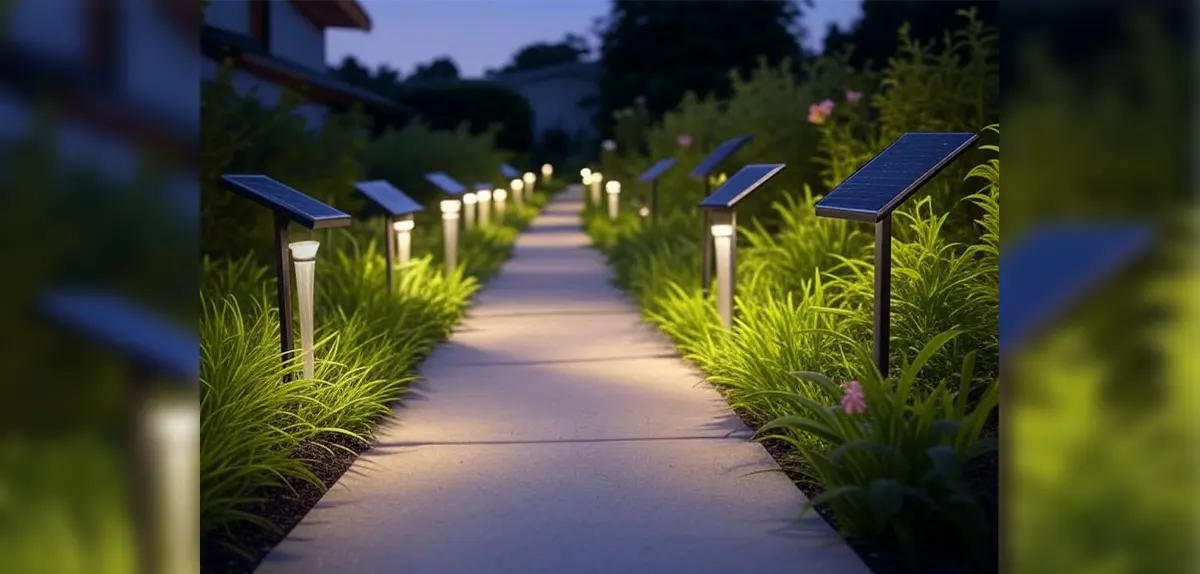

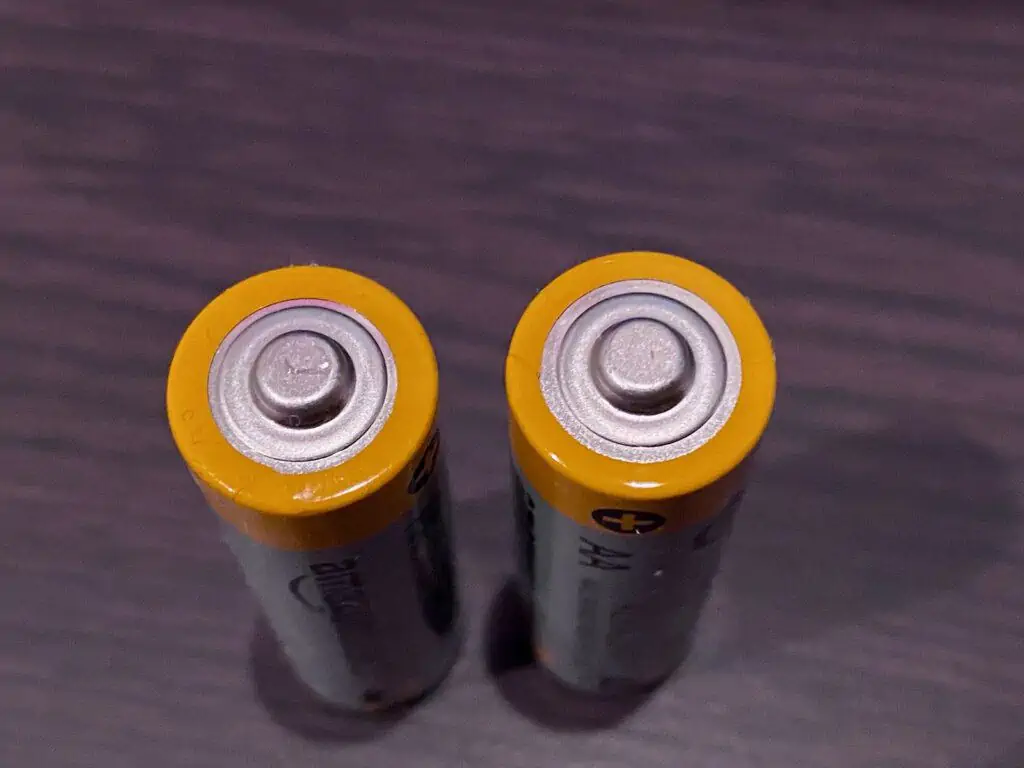

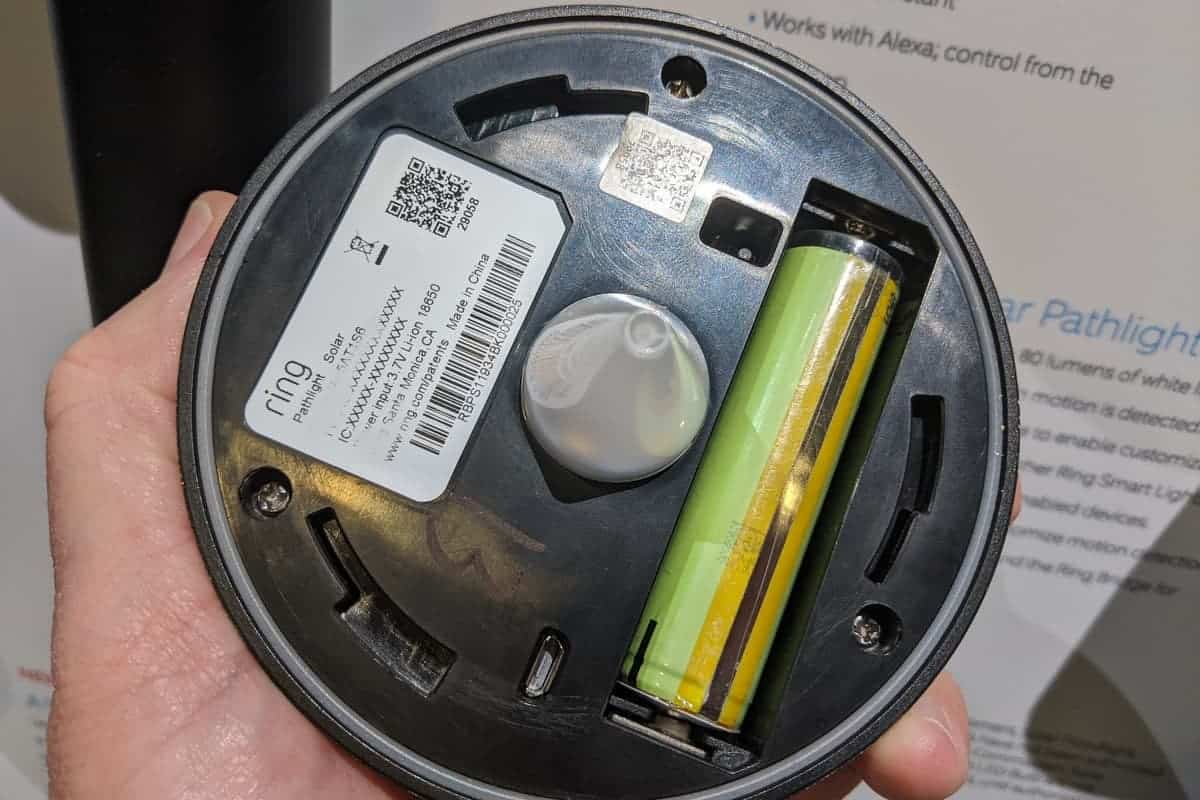

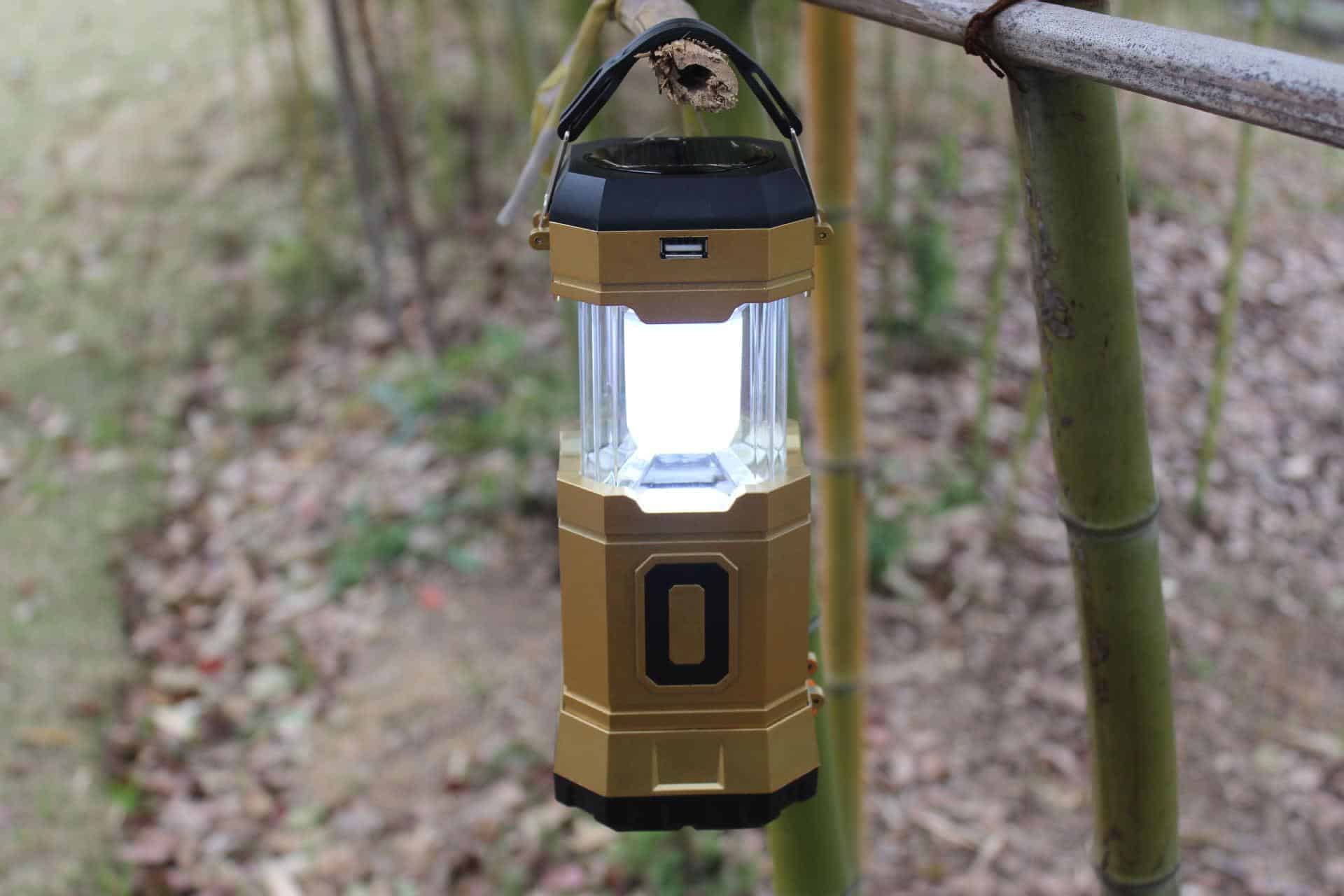


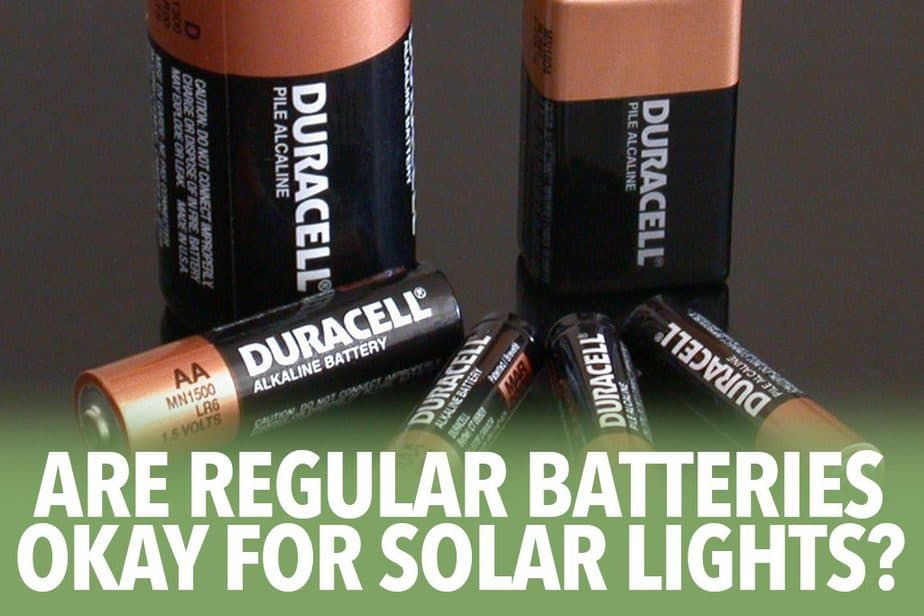
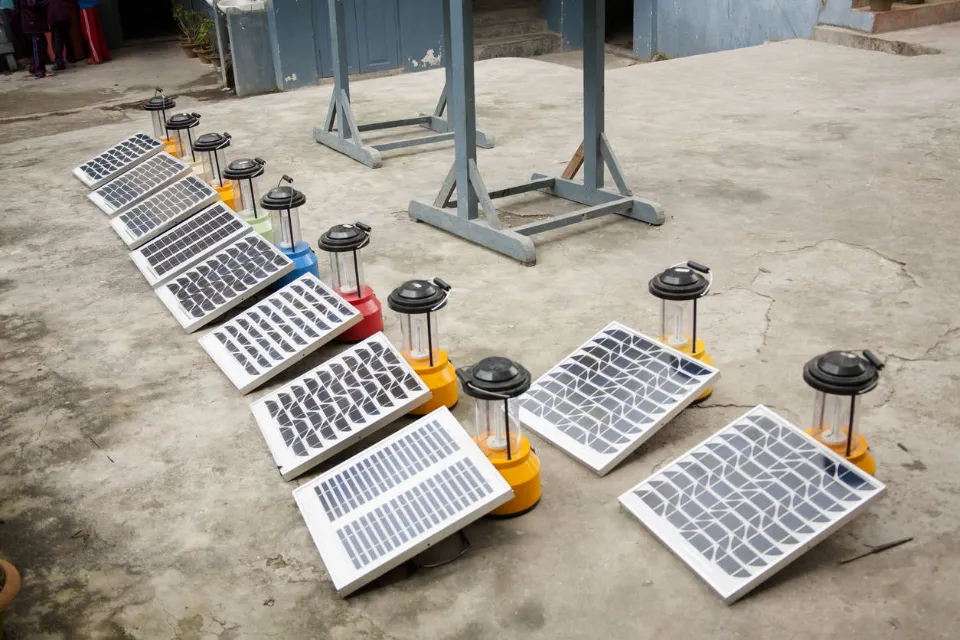
![Can You Use Regular Batteries For Solar Lights Can You Use Regular Batteries in Solar Lights? [All You Need To Know]](https://solarpowercoast.com/wp-content/uploads/can-you-use-regular-batteries-in-solar-lights.png)
